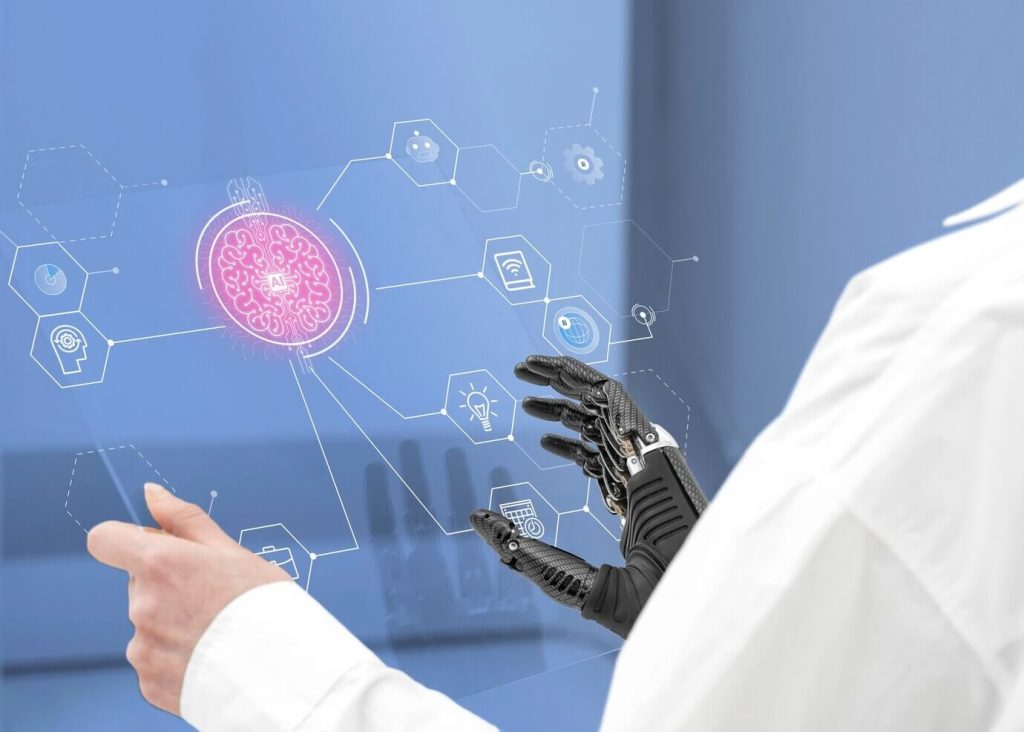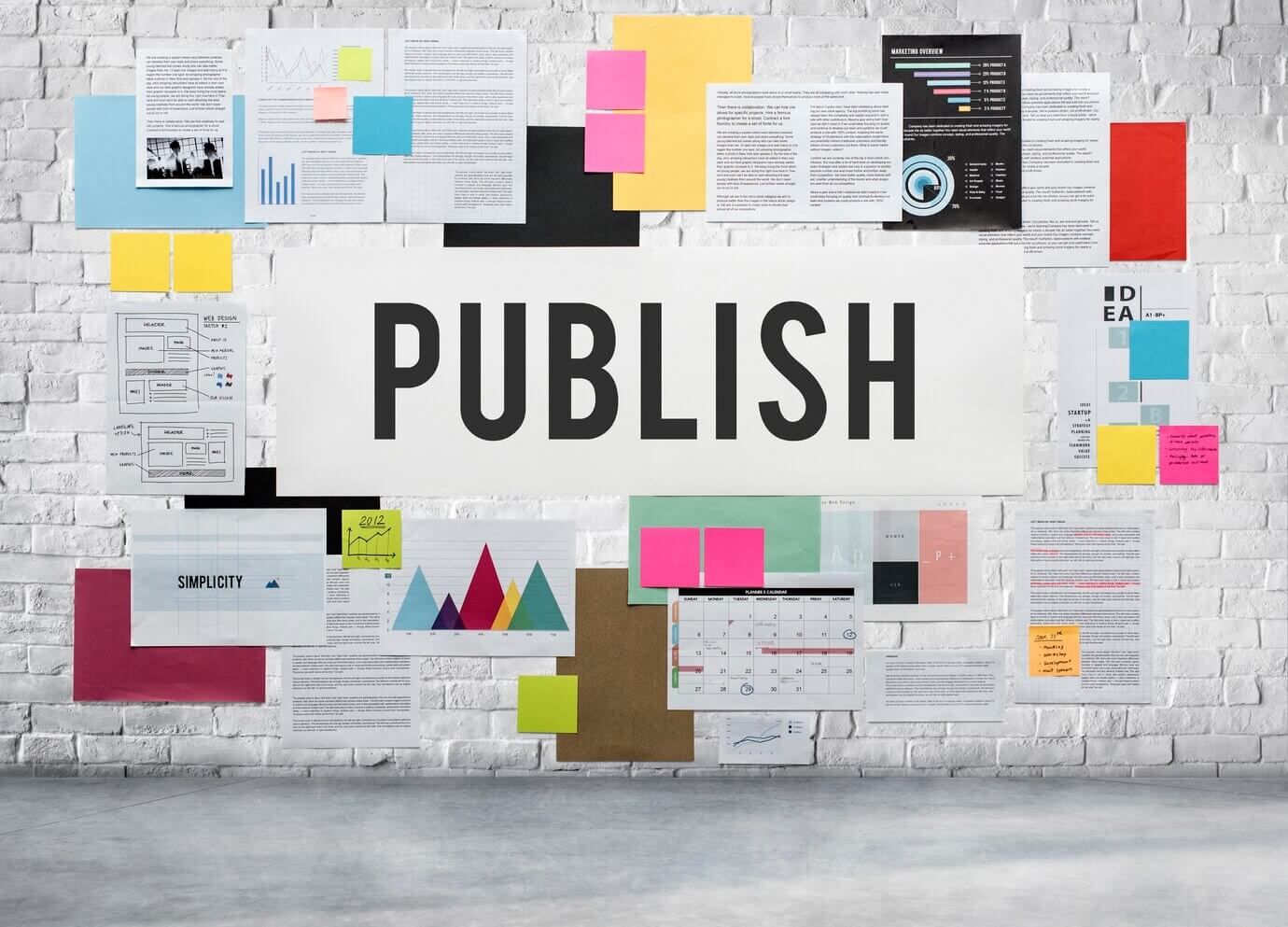Exploring the Ethical Use of AI: Why It Matters and What You Need to Know
Understanding AI Ethics

Common Causes of Email Bounce Rates:
-
Trust:
Ethical use of AI builds trust with users and the public, promoting greater acceptance and adoption.
-
Innovation:
Ethical uses of AI can drive innovation by encouraging responsible, user-centric AI development.
-
Compliance:
Sticking to ethical standards ensures compliance with legal regulations, avoiding potential legal issues.
-
Social Impact:
The ethical use of AI can have a positive social impact by promoting fairness, inclusivity, and accountability.
Ethical Frameworks for AI:
-
Fairness:
Artificial Intelligence developers must ensure that their systems are fair and do not discriminate against any group.
-
Transparency:
Artificial Intelligence systems should be designed to be understandable and explainable. Developers should aim to make their algorithms transparent to both users and regulators.
-
Privacy:
Protecting user data and respecting privacy is important. Artificial Intelligence systems should stick to strict data protection and security standards.
Importance of Ethical AI
The following sections specify ethical concerns and challenges related to AI:
-
Privacy and Data Security
One of the central ethical issues in Artificial Intelligence is the protection of privacy and data security. Artificial Intelligence systems often require vast amounts of data to function effectively, which raises questions about how personal information is collected, stored, and used. Unauthorized data access, data breaches, and concerns about surveillance can compromise individual privacy. Ensuring that Artificial Intelligence systems respect user privacy and stick to robust security measures is essential.
-
Bias and Fairness
Artificial Intelligence algorithms learn from historical data, and if these data contain biases, AI systems can amplify these biases. For instance, in hiring and lending decisions, Artificial Intelligence systems might discriminate against certain demographic groups. Recognizing and mitigating bias in Artificial Intelligence is a significant moral challenge that demands the development of fair and unbiased algorithms to ensure ethical uses of AI.
-
Accountability and Transparency
Understanding how Artificial Intelligence systems make decisions is crucial for accountability and transparency. Complex machine learning models can be difficult to interpret, making it challenging to identify the reason behind specific AI-driven decisions. Creating AI systems that are transparent and accountable to their users and stakeholders is essential to establishing trust and ensuring the ethics of using AI.


-
Job Displacement
Artificial Intelligence may lead to job replacement in some industries. This virtuous concern revolves around the responsibility of governments and organizations to provide support and alternative employment opportunities for workers who may lose their jobs due to Artificial Intelligence adoption.
-
Informed Consent
The concept of informed consent is crucial in Artificial Intelligence systems that rely on user data. Individuals must be informed about how their data will be used. Ethical concerns arise when users are unaware of how their data is utilized or when consent is not obtained transparently.
-
Ethical Decision-Making
Developing Artificial Intelligence systems capable of ethical decision-making is a complex challenge. When faced with ambiguous situations, Artificial Intelligence must make decisions that align with human values. Establishing Ethical guidelines for Artificial Intelligence and embedding these principles into machine learning algorithms is essential for responsible Artificial Intelligence development
The Future of Ethical AI
-
Strengthened Regulation:
Governments and international bodies will likely continue to develop and enhance regulations to govern Artificial Intelligence technologies, focusing on privacy, and transparency.
-
Ethical Frameworks:
The establishment of ethical frameworks and guidelines for Artificial Intelligence development and use will become more common in the public and private sectors.
-
Public Awareness:
As public awareness of AI's ethical implications increases, there will be a greater demand for transparency and accountability in Artificial Intelligence systems.
-
Education and Research:
Education and research on Artificial Intelligence ethics will grow, leading to a better understanding of ethical
Conclusion
Latest blog :-

Top 40 New Year Greetings for Employees: Igniting Team Spirit
Top 40 New Year Greetings for Employees: Igniting Team Spirit
Top 40 New Year Greetings for Employees: Igniting Team Spirit Every year comes with a glimmer of hope and positive energy. New Year is the best time for you to

Difference Between Digital Marketing and Traditional Marketing: Which is Best For You?
Difference Between Digital Marketing and Traditional Marketing: Which is Best For You?
Difference Between Digital Marketing and Traditional Marketing: Which is Best For You? There are several ways to capture the audience’s attention, and marketing is one of them. Marketing helps businesses

ChatGPT Vs Bard: Exploring the Differences in 2024
ChatGPT Vs Bard: Exploring the Differences in 2024
ChatGPT Vs Bard: Exploring the Differences in 2024 ChatGPT and Bard are the most trending AI tools that are getting the most buzz, and organizations want to know which one

A Marketer’s Dream: The 10 Best AI Tools for Digital Marketing
A Marketer’s Dream: The 10 Best AI Tools for Digital Marketing
A Marketer's Dream: The 10 Best AI Tools for Digital Marketing Artificial intelligence (AI) came out as one of the hottest technology trends in 2023. The use of artificial intelligence

Content Distribution Strategy: What is it & Why It’s Important
Content Distribution Strategy: What is it & Why It’s Important
Content Distribution Strategy: What is it & Why It's Important In a world of digital marketing, creating great content is just half the battle. To truly make an impact, You
